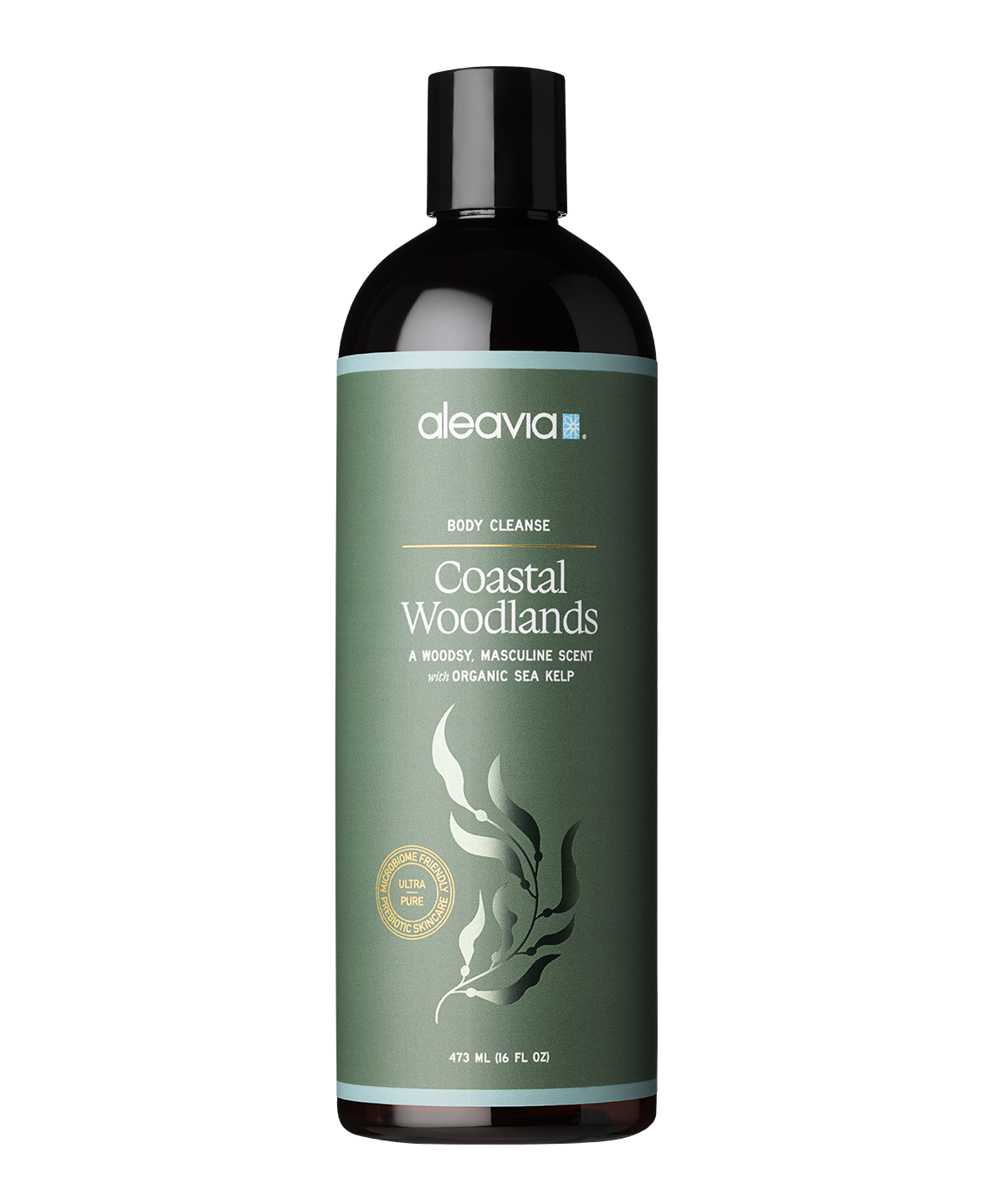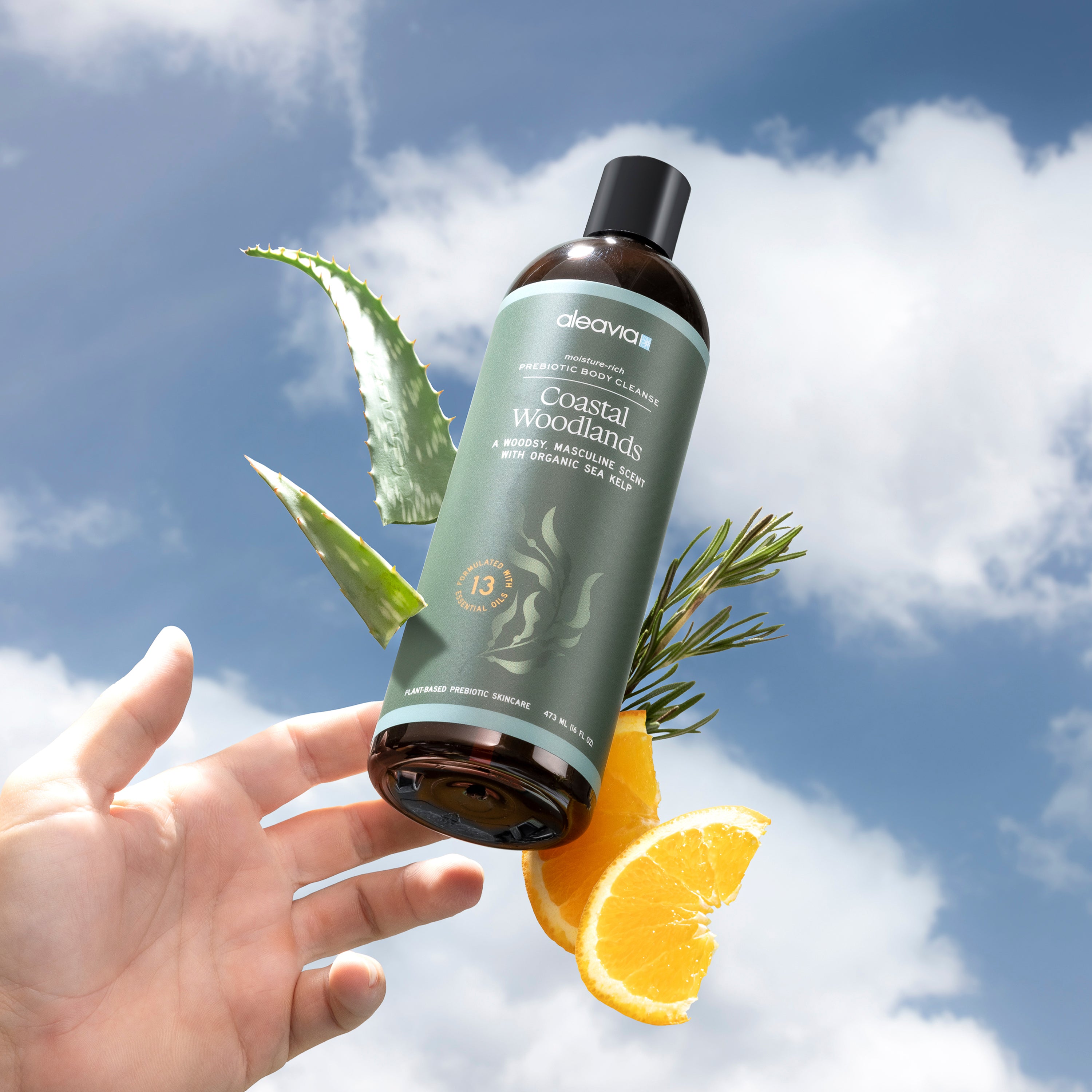Jasmine Extract
Jasmine Extract comes from the flowers of Jasminum officinale. This aromatic skincare ingredient has been prized for centuries for its soothing, hydrating and skin-rejuvenating qualities. However, it’s more than just a beautiful scent—it’s loaded with botanical compounds that benefit both your skin and your senses.
What is Jasmine Extract?
Derived from the delicate white flowers of the jasmine plant, jasmine extract is often found in the forms of extract, hydrosol, absolute, and essential oil. Its rich, sweet, floral fragrance is described to have uplifting, mood-enhancing qualities. Since stress is a major trigger for skin issues (like breakouts and inflammation), jasmine's calming scent can indirectly support skin health. It also directly impacts your complexion by hydrating, protecting, soothing and more. Use jasmine extract if you have sensitive or dry, aging skin.
How is Jasmine Extract used in skincare?
You'll find jasmine extract in:
- Facial oils and serums for glow and hydration
- Creams and moisturizers for dry or mature skin
- Toners and mists for calming, instant refreshment
- Masks for soothing, restorative treatments
- Lip balms, body oils, and perfumes for that signature scent and softness
What are the benefits of Jasmine Extract for your complexion and skin microbiome?
Your skin microbiome is the community of beneficial bacteria, fungi, and other microorganisms that help keep your skin barrier strong, inflammation low, and pH balanced. Jasmine extract, while not a probiotic itself, can support this ecosystem in several gentle, indirect ways. Here are some of the many benefits of jasmine extract:
- Deeply Hydrating & Moisture-Retentive: Jasmine extract helps the skin retain moisture and improves skin softness, making it perfect for dry or dehydrated skin, mature or dull complexions or barrier-compromised skin. It acts a bit like a natural humectant and emollient, helping skin stay supple and radiant. This, in turn, promotes barrier integrity, which is essential for a healthy microbiome. A hydrated, intact skin barrier is like good soil for your skin's flora.
- Soothes Irritation & Redness: Jasmine has natural anti-inflammatory and calming properties, which help reduce redness, sensitivity, itchiness or irritation (especially from dryness or environmental stress). It’s a gentle choice for those with sensitive or reactive skin. By reducing inflammation and redness, jasmine helps keep the skin environment calm and balanced—which is exactly what your microbiome thrives in. Less inflammation means fewer disruptions to the microbial balance.
- Antioxidant-Rich: Jasmine contains flavonoids and other antioxidants that fight oxidative stress (from pollution, sun, stress), help delay signs of aging and encourage skin resilience and tone. This makes it ideal for mature or environmentally stressed skin.
- Mild Antimicrobial Properties: Jasmine has mild antimicrobial properties—enough to help balance potentially problematic bacteria (like those that cause acne or inflammation) without wiping out good microbes. This makes it microbiome-friendly compared to harsher antibacterial agents.
- No Harsh Surfactants or Stripping Agents: When used in oil-based serums, hydrosols, or creamy moisturizers, jasmine extract tends to be non-stripping, meaning it won’t disrupt the lipid layer or the microbial environment—especially when formulated without alcohol or harsh preservatives.
- Supports Skin Healing: Jasmine has traditionally been used to promote wound healing and tissue repair. It’s helpful for scars, post-acne marks, rough patches or texture irregularities.




